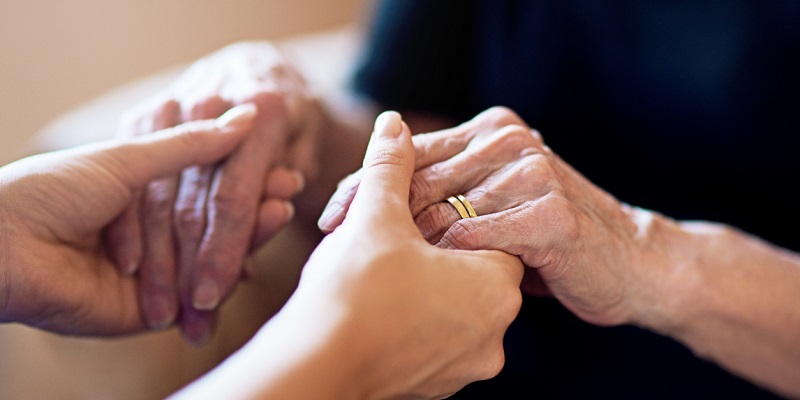News
51Âþ» calls for decriminalisation of abortion: ‘Treat it as a health care issue’
Our updated position on decriminalisation of Termination of Pregnancy follows a debate at RCN Congress.

Connect with us:
The RCN has updated its position statement on abortion, also known as Termination of Pregnancy (TOP), calling for it to be decriminalised in England, Wales and Scotland. We believe it should be treated as a health matter rather than a criminal issue.
Despite the legal framework in place, there are instances where women find themselves outside these parameters, often in vulnerable situations and facing desperate circumstances. Instead of receiving support, some of these women have been subjected to criminalisation.
It remains a criminal offence for a woman to procure her own abortion without the approval of 2 doctors – as outlined by the Abortion Act of 1967 – in England, Wales and Scotland. In Northern Ireland, a 2020 law offers women the autonomy to make decisions about their pregnancies without the threat of prosecution.
The position statement is to reaffirm our commitment to decriminalisation.
It follows a debate on abortion at RCN Congress 2024. This issue was debated in response to a motion posed by the RCN Women’s Health Forum, and the publication of a position statement was subsequently mandated by RCN Council.
The 51Âþ» is clear that any change in the law must require strong regulatory and quality monitoring processes, to ensure people can access free, safe and effective abortion care.
The RCN also supports health care professionals’ right to conscientious objection. Nursing and midwifery staff will be encouraged to tell their colleagues and their manager if they have a conscientious objection to the procedure and arrange for a suitably qualified colleague to take over responsibility for that person’s care.
The RCN acknowledges there are a range of opinions and stances on abortion across our membership and that professional and clinical discussion is likely to arise as a result of the position statement.
In 2023, a woman was prosecuted for using abortion pills to end her own pregnancy and sentenced to 28 months in prison. She was eventually released early, but her criminal record remains. Other women are currently awaiting similar trials. Decriminalisation of abortion should also include the suspension of any pending or current prosecutions.
We will also be joining a multi-organisational campaign calling for the decriminalisation of abortion, involving organisations such as the British Pregnancy Advisory Service and the Royal College of Obstetricians and Gynaecologists.
Read the RCN's full position statement on Termination of Pregnancy.
The vast majority of abortion care is provided to women, but other people whose gender identity does not align with the sex they were assigned at birth can also experience pregnancy and abortion. For simplicity of language the RCN has used the term “women” and female pronouns in our position statement and this article. These terms should be taken to include people who do not identify as women but who are pregnant.
We keep our language under review as part of our commitment to inclusion.








